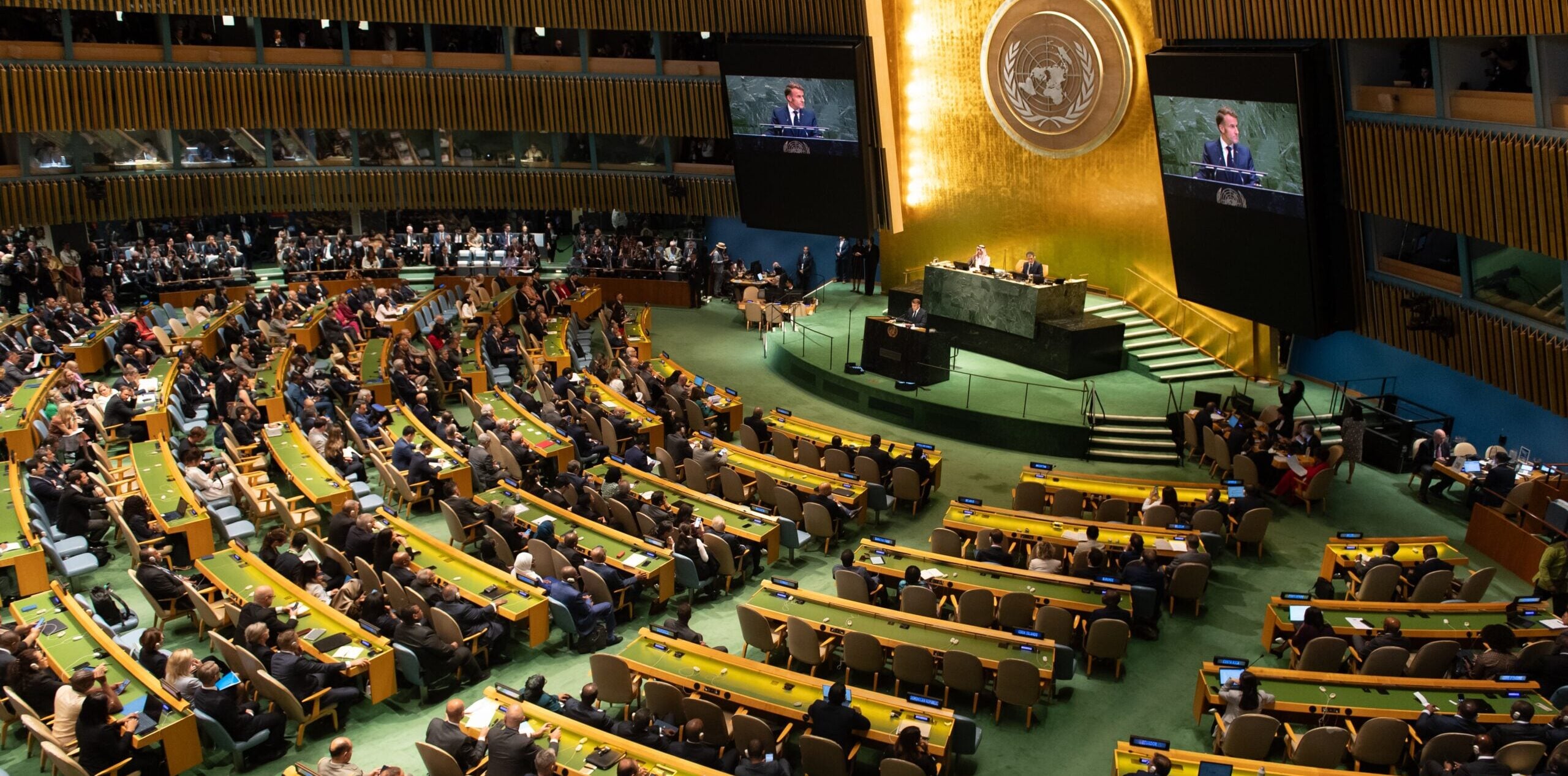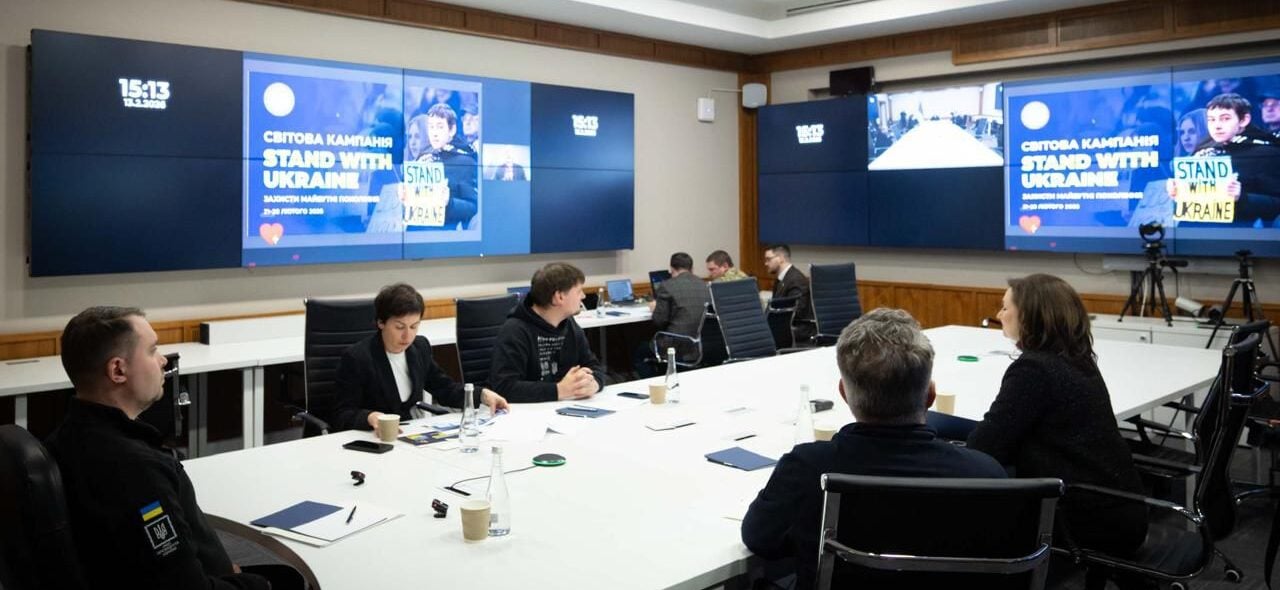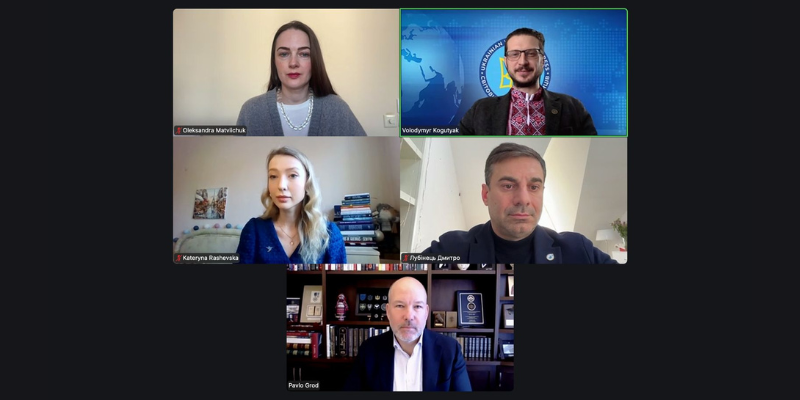
Russia has operated a covert espionage training network in Brazil for years, preparing elite undercover agents to infiltrate Western institutions, according to an investigation by The New York Times published on May 21.
The report is based on hundreds of documents and dozens of interviews.
Brazilian counterintelligence uncovered at least nine Russian agents over the past three years under the special operation “East.”
Officials said the investigation has expanded to at least eight countries. Intelligence was provided by agencies from the U.S., Israel, the Netherlands, Uruguay, and other Western nations, the report says.
Two of the agents were arrested in Brazil, while the others escaped to Russia.
The New York Times reports that Russian military intelligence (GRU) operatives erased their Russian identities, obtained Brazilian documents, formed families and social networks, and then traveled under false identities to the U.S., Europe, and the Middle East.
One of the agents, Sergey Cherkasov, using the alias Victor Muller Ferreira, tried to intern at the International Criminal Court in The Hague as it began investigating Russian war crimes in Ukraine.
Cherkasov held Brazilian documents, including a voter ID and military service certificate. Police later found that the “mother” listed in his documents never had children, and the “father” did not exist.
“It was only when the police found his birth certificate that Mr. Cherkasov’s story – and the entire Russian operation in Brazil – began to crumble,” the report reads.
The testimony of just two people is enough to register a child born in rural areas in Brazil. This loophole was likely exploited by other agents.
Brazilian intelligence started searching for “ghosts” – individuals with real birth certificates but no proof of life in the country. The search was complicated because Brazil’s databases are only partially digitized.
Other agents uncovered include Mikhail Mikushin, arrested in Norway; the Danilov (Pereira) couple, who fled to Portugal; and Artem Shmyrev (Gerhard Wittich), who spied in Greece with his wife, Irina.
Cherkasov is the only agent convicted so far – sentenced initially to 15 years for forging documents, later reduced to five years. Russia unsuccessfully sought his extradition, accusing him of being a “drug dealer.”
The New York Times notes that the war in Ukraine has changed attitudes toward Russian spies, even in countries like Brazil, which historically maintained close ties with Moscow.
Cover: Shutterstock









